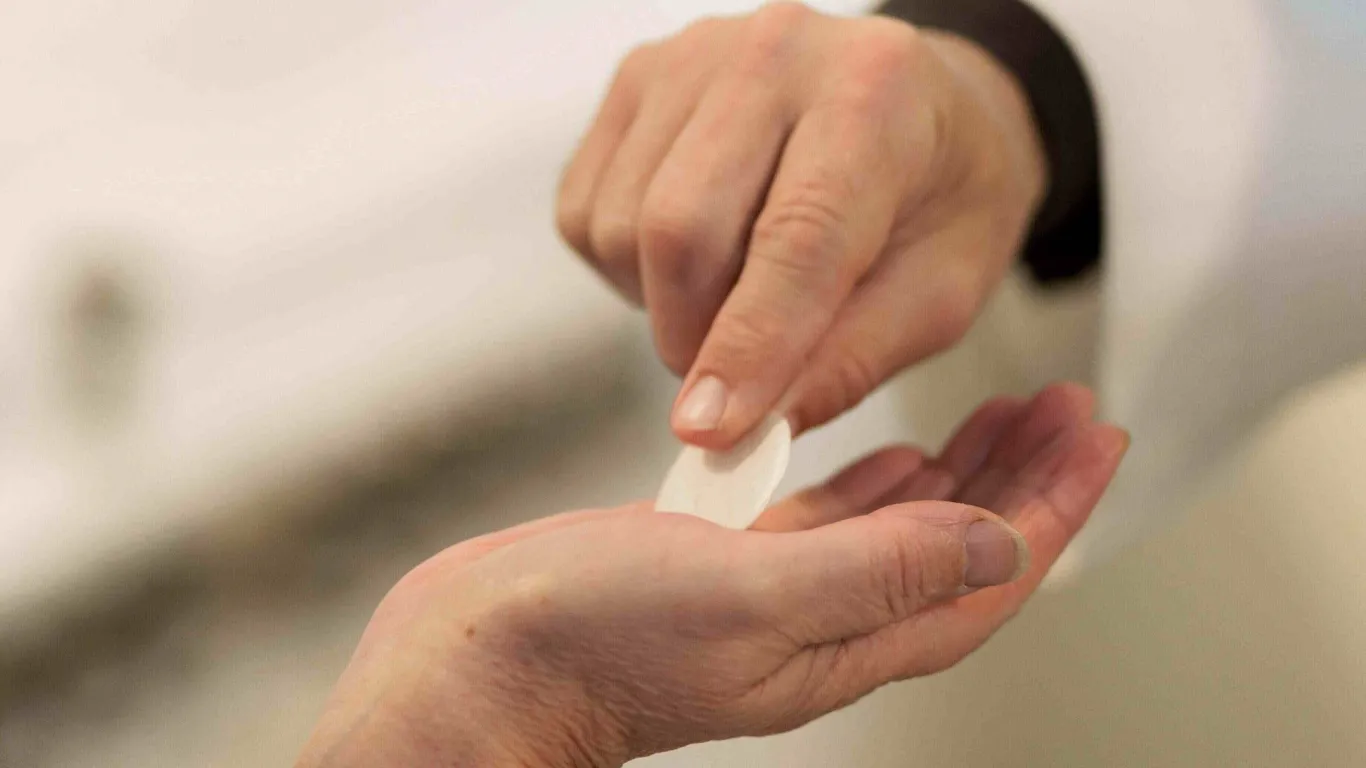The Unseen Link Between Happiness and Giving


Getting into the habit of giving is, unsurprisingly, something that many in the developed world tend to struggle with. The benefits of charitable contributions are hardly ever heard of in comparison to things like “hustler” and social media culture, and younger individuals would much rather orient their efforts towards getting new designer clothes and styling themselves to fit the status quo. Considering how our youth culture has rapidly evolved among first and second generation immigrant children, is it really that surprising to see such an infatuation with worldly gain within our communities?
With activities like binge drinking, smoking, and vaping all being considered leisurely activities among the youth, it’s no surprise that such acts can be socially driven through phenomena such as peer pressure. A gradual rise in depression and overall unhappiness- often linked to peer pressure, community neglect, and drug abuse- has struck even the most conservative of muslim communities with rightful concern.
But is it really the youth’s fault that such a culture is perpetuated and shoved down the throats of their peers for a profit?
What follows is a reflection.
I’m still a teen, for crying out loud! And it really isn’t my place to be all preachy like this to the average reader, but posing such questions is highly relevant in trying to lessen the impact of these ills in our community. Pointing a finger at any one of us is hardly going to get much done, and giving into the extremes will poison the virtuous wells of both individuality and unity.
This is where a combined effort comes in.
This is where the gift of giving comes in.
According to writer and professor Thomas Nielsen of the University of Canberra in Australia, among the “healthiest things we can do is to give, as this leads us to being healthier, happier and possibly even to living longer".1 Establishing a habit of giving starts from a young age and positive environment, where children and youth alike are more impressionable and susceptible to a “ripple” effect perpetuated by what they observe in their peers.
Quite evidently, a problem is at hand even in our muslim communities. Ill activities and divisive trends are inching closer and closer to normality- while the charitable practice of zakat and sadaqah are being sidelined. A number of academic scholars have written in “The Journal of Consumer Psychology” about the importance of how an individual spends their money, and even go as far as to claim that “If money doesn't make you happy, then you probably aren't spending it right”.2
Brief, yet profound insights from secular peer-reviewed journals.
One bold and conclusive statement that can be taken here is that all of us, from the individual to the communal level, can all strive towards making giving a habit. Moreover, we can benefit from it on both an emotional and spiritual level. The standard set by the Prophet Muhammad (ﷺ) and his companions unsurprisingly links our Islamic virtues to the modern strive towards happiness. Of course, such a thing is easier said than done. The obstacles and responsibilities of daily life provide us with convenient excuses to delay or procrastinate, but even these tendencies can be linked to heightened stress and anxiety.
If community-level change struggles to manifest itself in our youth, the only answer left is to cater to our desire for ease.
Islamic FinTech apps like FeelingBlessed and donation rounding platforms like BlessingUP are dedicated to providing donors with the ability to easily curate small amounts of money, known as micro donations, to all sorts of Sharia-compliant nonprofits. Even when rounding up your purchases and donating a few cents, you can track your progress with the tap of a button. Even putting away some spare change automatically through BlessingUP can mean so much to both local communities and humanitarian efforts overseas. Knowing how little you have to give regularly in order to put a smile on someone’s face is a virtue that many in the developed world are able to possess- so why not seize the opportunity?
Looking for happiness? The act of giving is an emotional and spiritual wonder. And when technology enables us to easily capitalize on the barakah of zakat and sadaqah, making such a choice as signing up on a simple platform really is a no-brainer.
1 NIELSEN, T. (2010). Giving makes us happy. The Canberra Times, 1-1. http://www.thomaswnielsen.net/giving-makes-us-happy/
2 Dunn, E. W., Gilbert, D. T., & Wilson, T. D. (2011). If money doesn't make you happy, then you probably aren't spending it right. Journal of Consumer Psychology, 21(2), 115-125.
Check out our most popular blogs and resources.